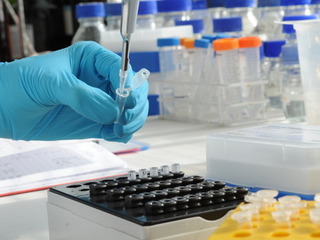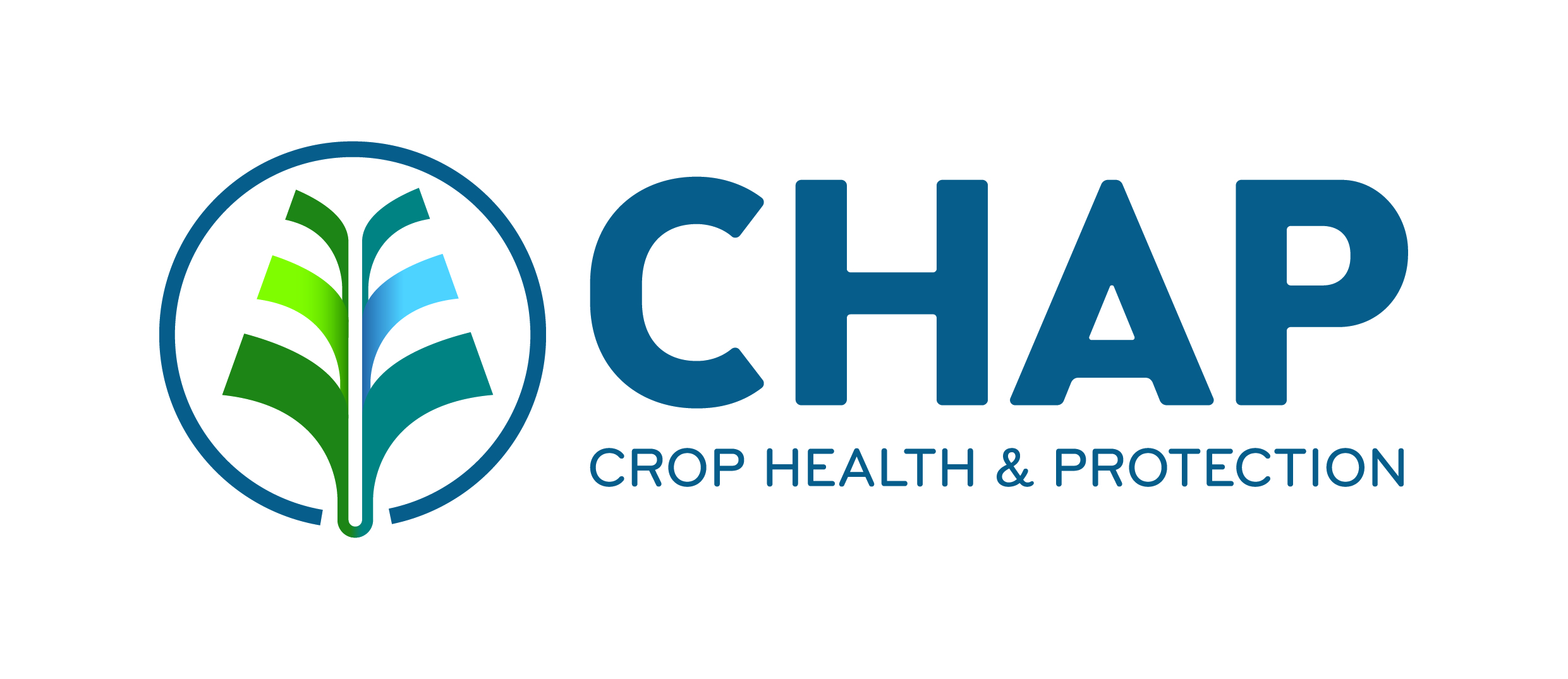
Dr Helen Bates
charlotte.nellist [at] emr.ac.uk (Dr Charlotte Nellist)
The CHAP Molecular Diagnostics Laboratory is based at NIAB in Cambridge.
 The Laboratory’s primary aim is to utilise genomic approaches to improve integrated pest and disease management. Principally, this is through identifying molecular markers associated with the development of pesticide resistance in weed, pathogen and insect pests of arable crops and plants. This, in turn, will enable downstream development of diagnostic techniques that can be used in the lab and field to identify pesticide resistant populations quickly.
The Laboratory’s primary aim is to utilise genomic approaches to improve integrated pest and disease management. Principally, this is through identifying molecular markers associated with the development of pesticide resistance in weed, pathogen and insect pests of arable crops and plants. This, in turn, will enable downstream development of diagnostic techniques that can be used in the lab and field to identify pesticide resistant populations quickly.
The service can also support grant-funded or commissioned projects that require access to molecular biology expertise and equipment for project progression or product development.
Although pesticides have long benefited agriculture by reducing the devastating effects that insects, weeds and diseases can have on crop yields, the availability of many chemical control agents is diminishing and the efficiency of many popular remaining formulations in controlling key offenders in the field are becoming more variable. In some cases this is as a result of pest adaptation to the control agent through typically genetic and/or metabolic mechanisms. As such, many common control agents are no longer effective against key pests, resulting in growers potentially investing a lot of money into products with a reduction, rather than an increase in productivity.
The Laboratory can detect changes in the molecular profiles of pests that could account for their tolerance to specific control agents. Such knowledge can help track the development and/or migration of pesticide resistant populations, using both lab-based and in-field diagnostic techniques developed by other CHAP partners. By working with growers and agronomists to better understand the pest populations in their fields, we can contribute to the development of more efficient, cost-effective treatment plans before large-scale crop destruction has occurred.
The diagnostic facility contains a range of molecular biology equipment, with capabilities including:
- DNA/RNA sequencing using an Illumina MiSeq
- Medium to high-throughput genetic analysis of samples on a 384-well capacity quantitative PCR machine
- Identification of minute mutations and/or alterations to genetic material via the high-resolution capillary electrophoresis machine
- High-throughput measurement of absorbance, luminescence and fluorescence profiles of samples in a Molecular Devices SpectraMax i3x plate reader.
Coupled with our expertise in data sciences and pathology both strategic and applied research and development problems can be addressed through the partnership between NIAB and CHAP.
